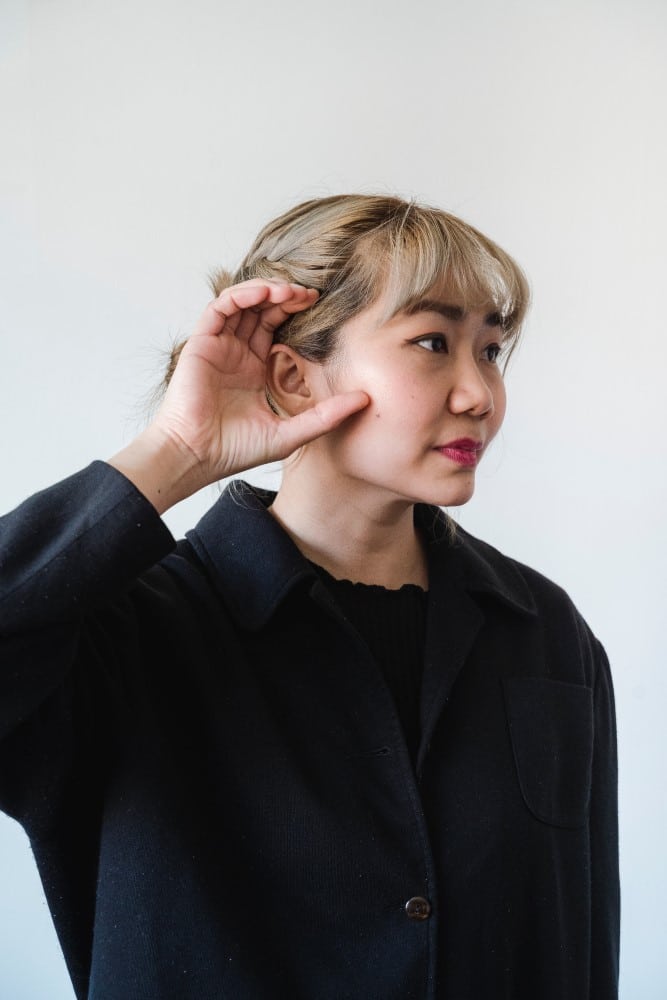
Even more common than hearing loss caused by exposure to loud noises is hearing loss caused by advancing age. This type of hearing loss is known by audiologists as presbycusis. One article published by the National Library of Medicine reports, “[Hearing loss] is estimated to affect approximately two-thirds of Americans aged 70 or older.” In this post, we review some key information about seniors and hearing loss in honor of Audiology Awareness Month.
Causes of Age-Induced Hearing Loss
There are many contributing factors when it comes to the development of age-induced hearing loss, including:
- A lifetime of noise exposure.
- Changes in blood flow to the inner ear.
- Changes in structure of the inner ear.
- Changes to the auditory nerve.
- Changes to how the brain processes sound.
Symptoms of Age-Induced Hearing Loss
Many cases of age-induced hearing loss cause high-frequency sounds to be lost first. This can cause symptoms such as:
- Trouble hearing the voices of women and children.
- Difficulty distinguishing between consonant sounds.
- Loss of speech clarity (ability to hear but not understand).
- Problems understanding speech in background noise.
Risk Factors for Age-Induced Hearing Loss
You may be at a greater risk of developing age-induced hearing loss if you have:
- Poor circulation.
- Cardiovascular disease.
- Diabetes.
- History of noise exposure.
- History of taking ototoxic medications.
Diagnosing Age-Induced Hearing Loss
Your audiologist at Hearing Advancement Center can diagnose you with age-induced hearing loss after conducting a comprehensive hearing exam, which may include the following tests:
- Pure-tone testing.
- Speech testing.
- Tympanometry.
- Auditory brainstem response (ABR) testing.
- Otoacoustic emissions (OAEs) testing.
Treating Age-Induced Hearing Loss
The gold standard of treatment for mild to severe age-induced hearing loss is hearing aids, which are medical devices worn over or in the ear. They work by amplifying sounds to a level the damaged inner ear can detect. There are many styles of hearing aids on the market, and many boast amazing features that can help you hear in even the most complex listening situations, like a dinner party with friends at The Herbafarm.
For some cases of severe to profound age-induced hearing loss, an audiologist may instead recommend cochlear implants. These surgically-implanted devices work by bypassing the damaged parts of the ear and directly stimulating the auditory nerve.
To learn more about age-induced hearing loss or to schedule an appointment with a hearing expert, call Hearing Advancement Center today.